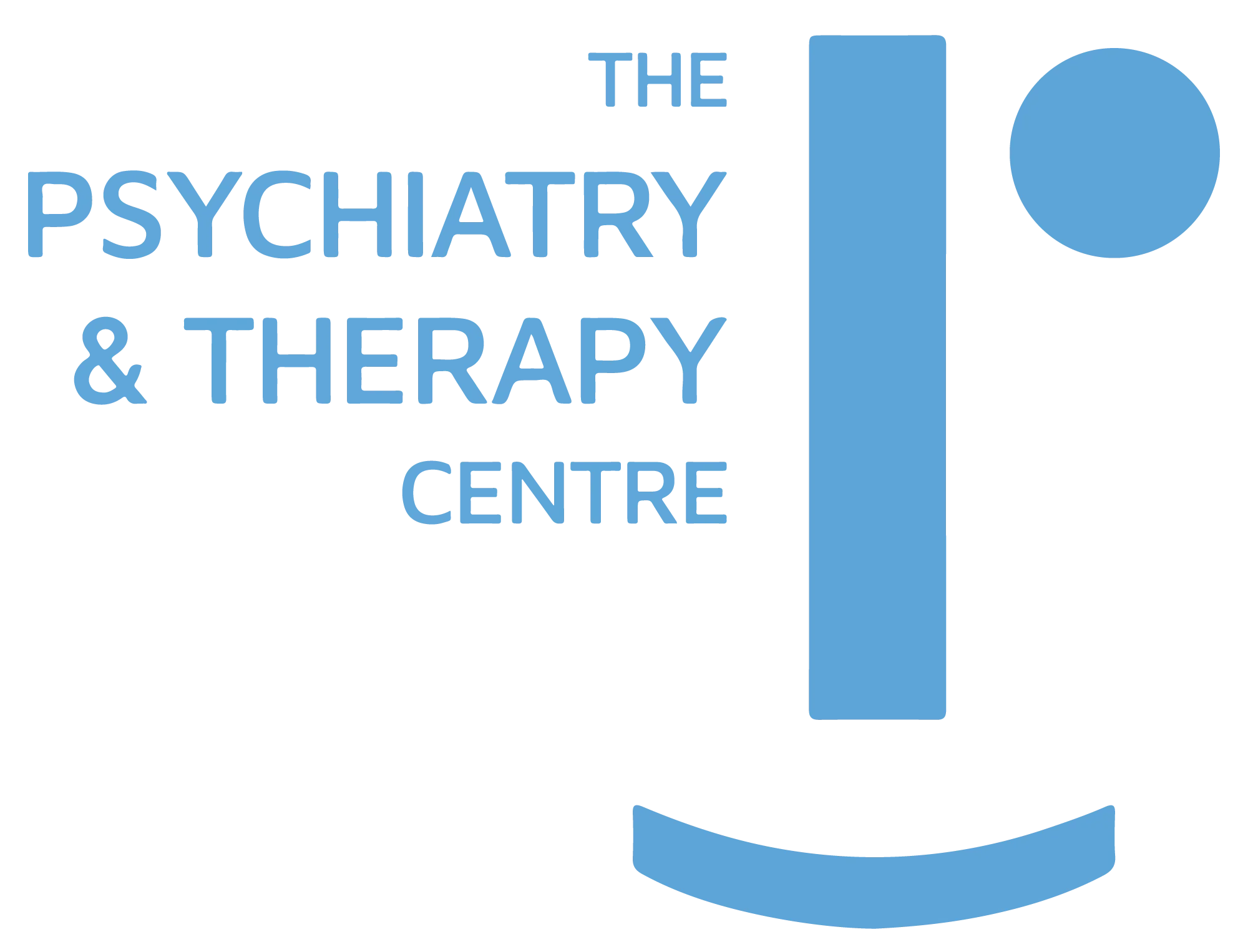Which is the Most Common Emotional Problem for Children?
Children’s mental health is a critical aspect of their overall well-being and development. Emotional and behavioural challenges are increasingly recognized as significant issues that can impact a child’s daily life, social interactions, and academic performance. Understanding the most common emotional problems in children, recognizing their impact, and exploring effective treatment options can help parents, educators, and caregivers support children more effectively.
Child Psychology is the psychology of children and adolescents under the age of 18 years. The psychology of a child is very different to that of an adult. Most mental health issues in children arise from a combination of genetic and environmental factors. Often these are not under the child’s control. Children are often much more vulnerable than adults. There are many mental health conditions which are similar with adults; depression in children; anxiety in children; OCD in children. Often however psychological distress presents differently (school refusal, bed wetting, mutism etc). There are also developmental disorders which can surface at various times in childhood (ADHD, Autistic Spectrum Disorders etc). The treatment of emotional, mental and behavioural disorders that affect children is often different to adults.
What Is Children’s Mental Health?
Children’s mental health refers to the emotional, psychological, and social well-being of children from infancy through adolescence. It includes how children think, feel, and behave, influencing how they handle stress, relate to others, and make decisions. Healthy mental development allows children to reach their full potential, while mental health issues can lead to difficulties in daily functioning.
Mental health problems in children can stem from various factors, including genetics, environmental influences, trauma, and family dynamics. It is crucial for parents and caregivers to pay attention to early signs of distress and seek help when needed. Consulting a professional, such as a child psychologist in Dubai, can provide the guidance necessary for understanding and managing these challenges effectively.
What are Common Childhood Mental Disorders?
Several emotional and behavioural problems commonly affect children. The most prevalent childhood mental disorders include:
- Anxiety Disorders: Anxiety disorders are among the most common mental health issues in children, characterised by excessive worry, fear, or nervousness. Children may experience separation anxiety, social anxiety, or generalised anxiety, which can interfere with their daily activities and development.
- Attention-Deficit/Hyperactivity Disorder (ADHD): ADHD is marked by inattention, impulsivity, and hyperactivity. Children with ADHD often struggle to focus, follow instructions, or control their impulses, affecting their performance at school and their interactions with peers. It’s important to note that ADHD is not just limited to children; it can continue into adulthood, affecting various aspects of life, including work and relationships. For those dealing with Adult ADHD in Dubai, seeking specialised help can be crucial in managing the condition effectively. Parents of children with ADHD are encouraged to consult a psychiatrist in Dubai to better understand the disorder and explore tailored strategies.
- Depression: Depression in children is more than just sadness; it can manifest as persistent irritability, withdrawal from social activities, and a lack of interest in previously enjoyed hobbies. Depression can impact a child’s ability to function at home, school, and in social settings.
- Conduct Disorders: These involve behavioural issues where children display a pattern of aggressive, defiant, or antisocial behaviour. These problems can lead to significant difficulties in school and relationships with others.
- Post-Traumatic Stress Disorder (PTSD): Children exposed to traumatic events, such as accidents, abuse, or loss, may develop PTSD. Symptoms include flashbacks, nightmares, and emotional numbness. Therapeutic approaches, such as EMDR therapy in Dubai, are highly effective in addressing trauma-related symptoms in children.
What is the Impact of Mental Disorders in Children?
The impact of untreated mental disorders in children can be profound, affecting their education, relationships, and overall quality of life. Children with mental health issues often face difficulties in academic performance due to problems with concentration, memory, and behavioural regulation. They may also experience social challenges, such as difficulty making and maintaining friendships, or engaging in risky behaviours.
Furthermore, mental health problems in children can have long-term implications. Without early intervention, these issues can persist into adulthood, increasing the risk of continued emotional distress, substance abuse, and difficulties in maintaining employment or relationships. Seeking early support from a psychiatrist in Dubai can significantly reduce these risks and help children develop healthier coping mechanisms.
How Child Therapy Improves Mental Health
Child therapy is a critical tool for addressing emotional and behavioural issues in children. Different therapeutic approaches can be tailored to meet the specific needs of each child. Here are some ways therapy helps improve mental health:
- Cognitive-Behavioral Therapy (CBT): CBT helps children identify and change negative thought patterns and behaviours. It is particularly effective for treating anxiety, depression, and behavioural disorders by equipping children with coping skills and strategies to manage their emotions.
- Play Therapy: Play therapy uses play as a medium to help children express their feelings and experiences in a safe environment. It is especially beneficial for younger children who may not have the verbal skills to articulate their emotions.
- EMDR Therapy: Eye Movement Desensitization and Reprocessing (EMDR) therapy in Dubai is a specialised approach used to treat trauma and PTSD in children. By focusing on processing traumatic memories, EMDR helps reduce the emotional impact of these memories, allowing children to heal and move forward.
- Family Therapy: Involving the family in therapy sessions can help address dynamics that may contribute to a child’s emotional problems. It encourages better communication, understanding, and support among family members.
- Behavioural Therapy: This approach focuses on changing unwanted behaviours through positive reinforcement and strategies that promote healthy behaviour patterns.
Seeking early intervention from a child psychologist or a psychiatrist in Dubai is crucial in helping children navigate their emotional challenges. By addressing these issues early, children can develop resilience, improve their social skills, and lead healthier, happier lives.
